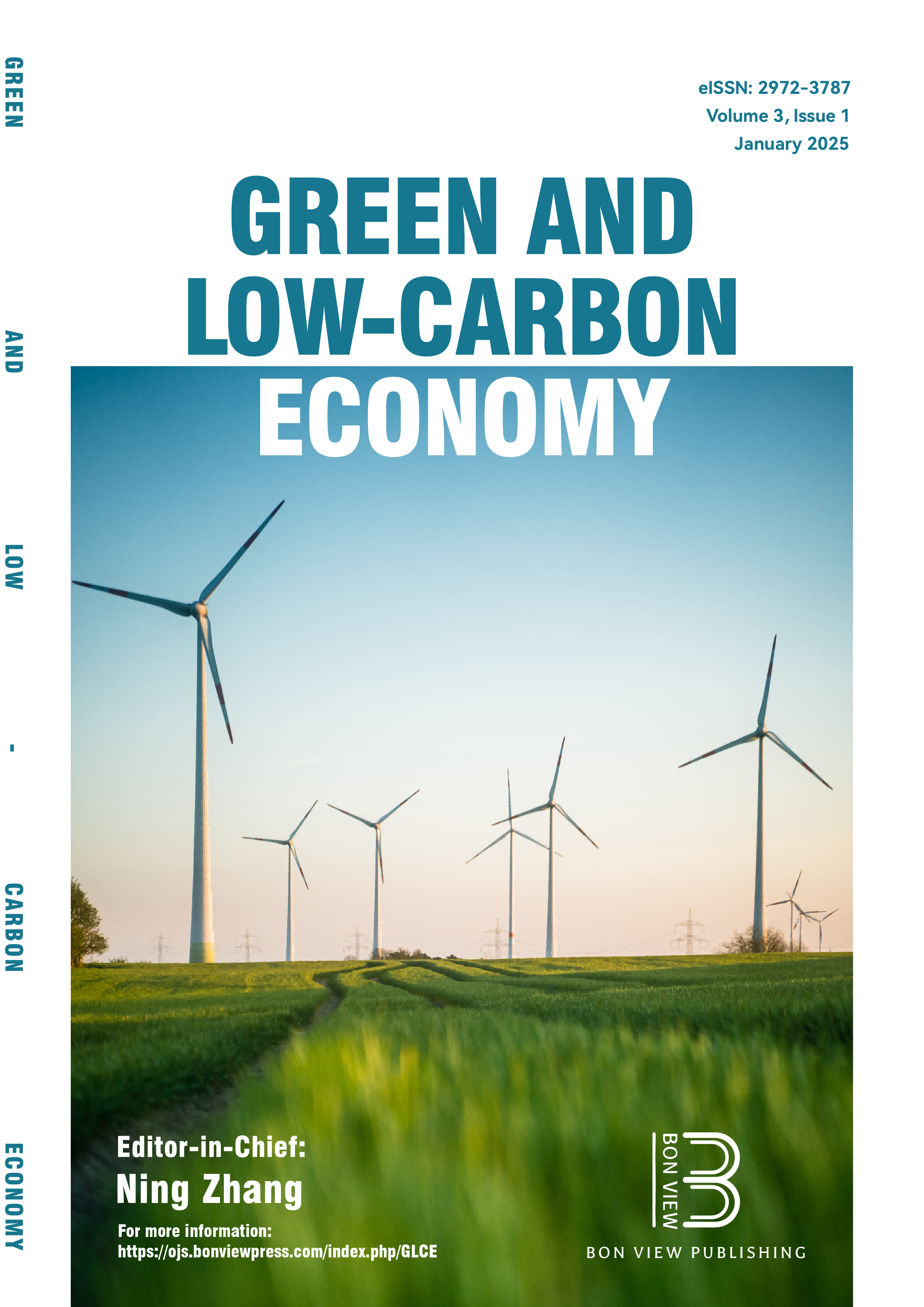Parametric Insurance: A Mechanism to Finance Disaster Resilience and Transitioning to a Low-Carbon Economy in the Caribbean
DOI:
https://doi.org/10.47852/bonviewGLCE3202961Keywords:
loss and damage, climate change, Caribbean SIDS, parametric insuranceAbstract
Caribbean small island developing states (SIDS) are being disproportionately affected by climate change. While no country wants to accept legal liability for their emissions, the Caribbean region faces an urgent need to mobilize financing to address loss and damage. This study proposed a voluntary insurance to address the loss and damage from climate change. Voluntary insurance can be used to pool risk across countries and make a payout to cover the loss from extreme weather events. The insurance payout could be parametric, which can eliminate the trouble assessing of losses in indemnity insurance. The key features affecting the trigger for the payout could be the occurrence of the named peril, and meteorological data such as precipitation. The size of the payout would be determined by estimating the loss and damage of Caribbean SIDS from extreme weather events. The premium could be based on solidarity and thus can be the average cost of the total payout per annum. Wavelet coherence could be used to measure the dependence between the precipitation and loss and damage estimate rather than correlation. Payouts to governments provide crucial financial resources for rebuilding infrastructure more sustainably.
Received: 14 April 2023 | Revised: 26 June 2023 | Accepted: 15 July 2023
Conflicts of Interest
The author declares that he has no conflicts of interest to this work.
Data Availability Statement
Data available on request from the corresponding author upon reasonable request.
Author Contribution Statement
Don Charles: Conceptualization, Methodology, Software, Validation, Formal analysis, Investigation, resources, data curation, Writing - original draft, Writing - review & editing, Visualization, Supervision, Project administration.
Downloads
Published
Issue
Section
License
Copyright (c) 2023 Author

This work is licensed under a Creative Commons Attribution 4.0 International License.


